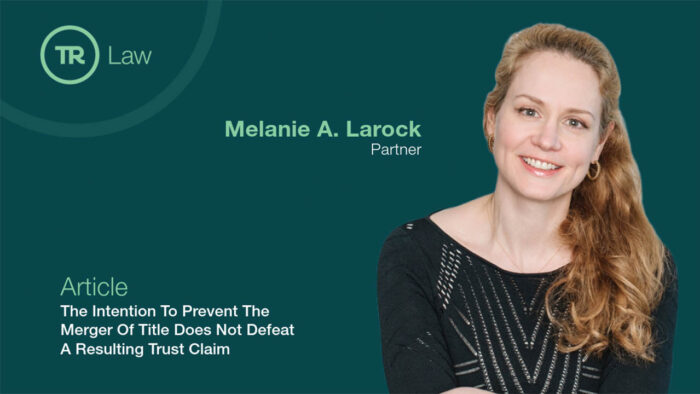Tips for Plaintiffs When Pursuing Pre-judgment Interest Claims in Settlement Negotiations and Beyond
Author(s): Stephen M. Birman
December 5, 2017
Lawyers often incorrectly calculate, or even worse, fail to include pre-judgment interest claims in settlement negotiations. Below are some helpful tips for avoiding common pitfalls when addressing these claims.
Identify the type of claim and rate that applies
The Pre-Judgment Interest (“PJI”) rate differs depending on the nature of the claim and the damages sought.
These claims can be very significant when you are advancing retroactive damages claim in the context of the Statutory Accident Schedule where the current interest rate is 1%, compounded.
There have been several recorded accident benefits decisions where the insurer failed to adjust claims for lengthy periods of time (in some cases over a decade) and where the ultimate interest amount payable was several times greater than the principal amount owed.
This is illustrated by a 2012 decision of the Financial Services Commission of Ontario, called T.N. v. Personal, where an interest order was made on attendant care benefits dating back to a 2000 accident, which was never adjusted or paid. The principal attendant care amount overdue was $3,593,308; the interest owing was $7,250,828 for a total of $10,844,136. Compound interest can represent a very significant exposure for insurers.
General damages outside of the motor vehicle accident (“MVA”) scheme are subject to the more favorable 5% rate under section 53.10 of the Rules of Civil Procedure. This can be a very significant claim in cases where there is a long delay.
Even in MVA claims, the discretion remains under s. 130 of the Courts of Justice Act for the Court to vary the rate. This will remain an important tool in older cases (pre-January 1, 2015) prior to the recent amendment to the Insurance Act.
When addressing past pecuniary loss claims you need to be able to differentiate between claims where half rates v. full rates apply. Half rates are used for recurring benefits or past claims (i.e. a weekly income loss) whereas full rates apply when dealing with one time or periodic items (such as a single out of pocket expense claim). This approach is used for simplicity in calculating interest on recurring pst claims. It was endorsed in the 1985 Federal Court of Appeal decision of Borland v. Muttersback, which has been widely applied.
Read full paper: Tips for Plaintiffs When Pursuing Pre-Judgment Interest Claims in Settlement Negotiations and Beyond
If you have any questions, please contact, personal injury lawyer Stephen Birman at 416-868-3137 or by EMAIL.
Share this








